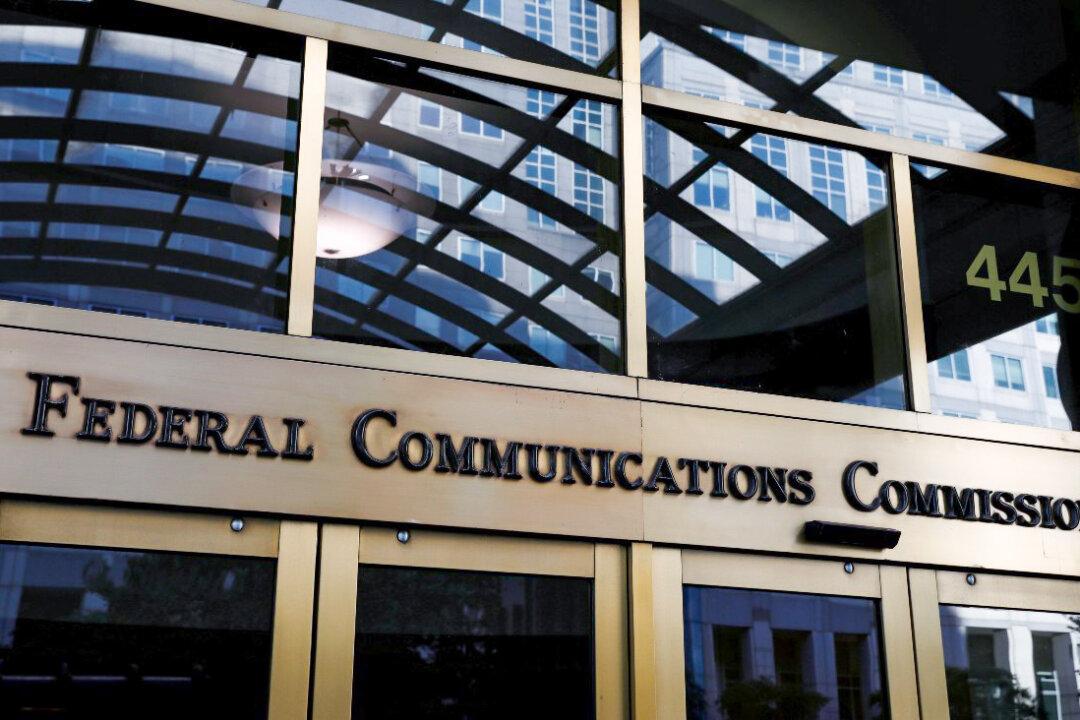Several of the nation’s largest cellphone carriers have been collectively fined $200 million by the Federal Communications Commission (FCC) for illegally sharing access to customer location data without consent and failing to protect that information from unauthorized disclosures.
In an April 29 press release, the FCC said that T-Mobile, AT&T, Sprint, and Verizon violated the Communications Act when they sold customers’ location data without consent and continued to do so even after being informed of the violations.





